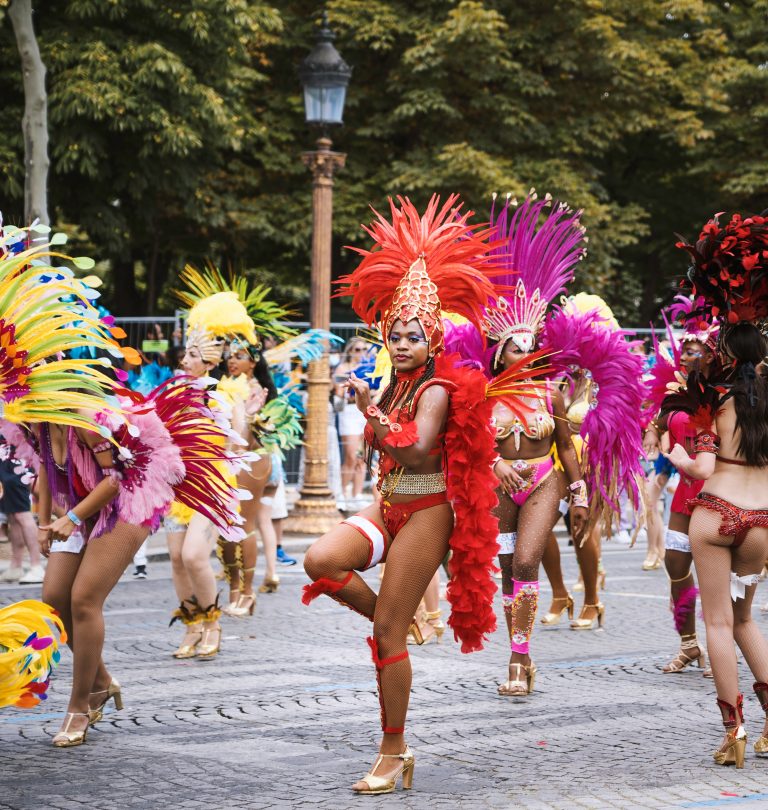
Exploring Brazil’s Samba Scene: Cities with the Most Samba Musicians
10 May, 2023Samba is a genre of music that originated in Brazil, particularly in the city of Rio de Janeiro. Over the years, samba has spread to other parts of the country and has become an integral part of Brazilian culture. There are many cities in Brazil that are known for their vibrant samba scenes, and we will take a closer look at some of the cities with the most samba musicians and their histories in samba. So take a break from placing wagers on TonyBet and learn about where this contagious music came from.
Rio de Janeiro
Rio de Janeiro is widely considered to be the birthplace of samba, and it remains the epicenter of the samba scene in Brazil. Samba was first created in Rio de Janeiro in the early 20th century, when African and Afro-Brazilian rhythms mixed with European instruments to create a new style of music. Today, Rio de Janeiro is home to numerous samba schools, which are groups of musicians and dancers who come together to perform during Carnival season. Some of the most famous samba schools in Rio de Janeiro include Mangueira, Portela, and Salgueiro.
São Paulo
São Paulo is another city in Brazil that is known for its thriving samba scene. While not as well-known for samba as Rio de Janeiro, São Paulo has a rich history of samba music that dates back to the early 20th century. The city is home to several samba schools, including Vai-Vai, Camisa Verde e Branco, and Unidos de Vila Maria. São Paulo also hosts its own Carnival celebrations, which feature samba music and dance performances.
Salvador
Salvador is the capital of the Brazilian state of Bahia and is known for its vibrant Afro-Brazilian culture. Samba has played an important role in the city’s cultural heritage, and Salvador is home to many traditional samba groups, including the famous Olodum. The city’s Carnival celebrations are known for their lively samba parades, which draw thousands of tourists every year.
Recife
Recife is a city in the northeastern part of Brazil and is known for its unique take on samba music. The city’s samba scene is heavily influenced by the rhythms of maracatu, an Afro-Brazilian music style that originated in the state of Pernambuco. Recife hosts its own Carnival celebrations, which feature maracatu and samba performances.
Brasília
Brasília is the capital of Brazil and is known for its modern architecture and design. While not as well-known for samba as some of the other cities on this list, Brasília has a growing samba scene and is home to several samba schools, including Aruc and União da Ilha. The city’s Carnival celebrations are known for their colorful samba parades and lively music performances.
Belo Horizonte
Belo Horizonte is the capital of the state of Minas Gerais and is known for its lively samba culture. The city hosts its own Carnival celebrations, which feature samba parades and performances from local samba schools. Some of the most well-known samba schools in Belo Horizonte include Cidade Jardim, Estrela do Vale, and Inconfidência Mineira.
Curitiba
Curitiba is the capital of the state of Paraná and is known for its progressive urban planning and sustainability initiatives. The city also has a thriving samba scene, with several samba schools and groups based in the city. Some of the most popular samba schools in Curitiba include Mocidade Azul, Império Real, and Filhos da Gávea.
Niterói
Niterói is a city located across the Guanabara Bay from Rio de Janeiro and is known for its picturesque beaches and vibrant cultural scene. The city has a long history of samba music and dance, and is home to several samba schools, including Acadêmicos do Cubango, Unidos do Viradouro, and Acadêmicos do Sossego.
Porto Alegre
Porto Alegre is the capital of the state of Rio Grande do Sul and is known for its rich history and cultural diversity. The city has a strong samba culture, with several samba schools and groups based in the city.
Follow Sounds and Colours: Facebook / Twitter / Instagram / Mixcloud / Soundcloud / Bandcamp
Subscribe to the Sounds and Colours Newsletter for regular updates, news and competitions bringing the best of Latin American culture direct to your Inbox.

